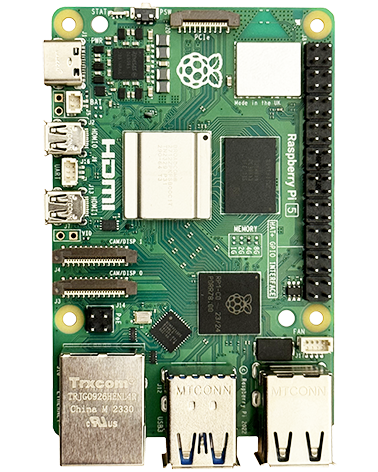Good Resources http://www.debianhelp.co.uk/fileext.htm
Category: File Input and Output
Files in RAM
You can use tmpfs. Use it like a normal hard drive with the path "/dev/shm" By default it's about half the size of the system's memory (you can check it's actual size by running df -h /dev/shm Copy a file to the ram space system("cp /home/pi/myfile.txt /dev/shm/my_file.txt");
Get free disk space
Get free disk space int64_t free_disk_space; get_int64_value_from_ascii_string(do_console_command_get_result((char*)"df -k /tmp | tail -1 | awk '{print $4}'"), 0, &free_disk_space); //Get free space in kB std::cout << "Free disk space: " << free_disk_space << "kB" << std::endl; int get_int64_value_from_ascii_string (string source_string, int char_index, int64_t *result) { int32_t value = -1; int32_t value_last = 0; char *p_source_string; […]
Read and Write Speed
Read & Write Speed Resources http://www.raspberrypi.org/phpBB3/viewtopic.php?f=29&t=6180
Searching a text file
Search for strings within a text file #include <stdlib.h> #include <stdio.h> #include <string.h> const char email_receive_set_output_high_string[] = {"set_output_high"}; const char email_receive_set_output_low_string[] = {"set output low"}; FILE *fp=fopen("/home/pi/myproject/somefile","r"); char tmp[1024] = {0x0}; while(fp != NULL && fgets(tmp, sizeof(tmp), fp) != NULL) //fgets gets one line at a time, up to the max size – not the […]
USB Drives
Connecting A USB Drive Finding It Note that “mydrivename” can be anything you want it to be, its the name you will use to connect to it Releasing It After Use

